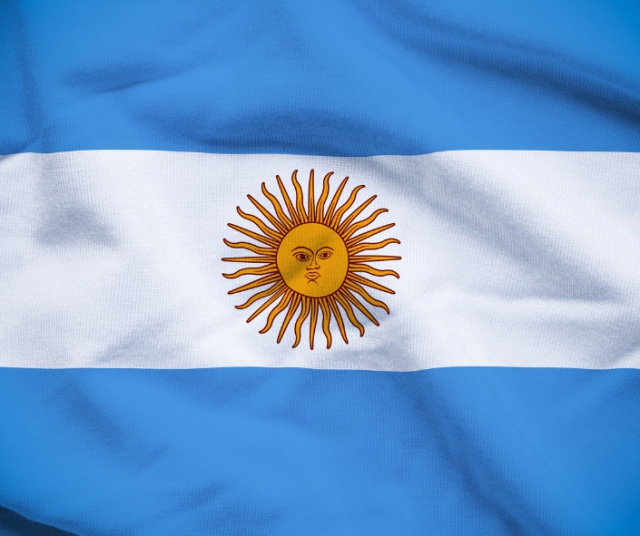May 25, 1810 is a momentous date in the history of Argentina , marking the start of the revolution that led to the country's independence and laid the foundations for the formation of the Argentine nation. Here you can observe every detail of the story of May 25, 1810, its background, the key events and its lasting impact on the configuration of Argentina as a free and sovereign nation.
To fully understand the meaning of May 25, 1810, it is essential to analyze the political, social and economic context in which the events unfolded. At the time, Argentina was a colony of the Spanish empire, known as the Viceroyalty of the Río de la Plata , and was ruled by colonial authorities. However, at the end of the 18th century and the beginning of the 19th century, the ideas of the Enlightenment and the revolutions in Europe and America began to influence the thinking of the Creole elite, generating growing discontent towards Spanish rule.
The Week of May: Awakening of the Revolutionary Consciousness
The Week of May, which culminated on May 25, 1810, was a period of turmoil and political effervescence in Buenos Aires, the main city of the Viceroyalty of the Río de la Plata. The Napoleonic invasion of Spain and the subsequent imprisonment of King Ferdinand VII left the Spanish empire in a crisis of legitimacy and governability. In this context, an independence movement emerged led by the Creole elite, who saw an opportunity to take control of their own destiny.
The Open Town Hall and the Formation of the First Board
On May 22, 1810, an Open Town Hall was convened in Buenos Aires, a meeting in which government affairs were discussed and the fate of the Viceroyalty was decided. Citizen participation in this event was significant, and the revolutionary leaders managed to mobilize the population to express their support for the formation of an autonomous Government Junta. This is how, on May 25, 1810, the formation of the First Board was proclaimed, a government body made up of prominent Creole leaders.
The Influence of Revolutionary Ideas
The May Revolution of 1810 did not arise in an ideological vacuum. Revolutionary ideas from Europe and the United States, such as popular sovereignty, equality, and freedom, exerted a strong influence on Argentine Creole leaders . The Enlightenment principles and ideals of the French Revolution resonated in the speeches and actions of the Argentine revolutionaries, providing an intellectual and moral foundation for the fight for independence .
The Consolidation of the Revolution and the Road to Independence
May 25, 1810 was a turning point in Argentine history. Although at first allegiance to King Ferdinand VII was declared, the formation of the Primera Junta laid the foundations for an autonomous government and a process of emancipation. As the revolution spread through Argentine territory, other provinces joined the independence movement and formed their own government juntas. Throughout the next decade, Argentina would face various internal and external challenges and conflicts in its fight for full independence.
On May 25, 1810, he left a lasting legacy in the history of Argentina. It marked the beginning of a process of change and transformation, which would ultimately lead to the country's independence in 1816. The event symbolizes the courage and determination of Argentine leaders and citizens in their quest for freedom and self-determination. May 25 is celebrated annually in Argentina as Revolution Day, reminding future generations of the importance of independence and the need to preserve and defend the values and principles that inspired the revolutionaries of 1810.
This event was the starting point of the revolution that led to the independence of Argentina and laid the foundations for the formation of a free and sovereign nation. The May Revolution of 1810 marked a milestone in the history of Latin America and left a legacy of courage, revolutionary ideals, and a fervent patriotic spirit. May 25, 1810 will always be remembered as the birth of the Argentine Revolution and the beginning of a path towards freedom and independence.
